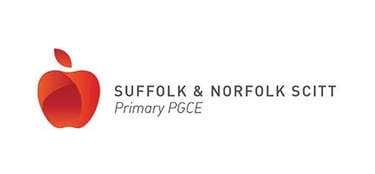HISTORY
School intent statement
To positively influence and support the development of socially, emotionally and academically successful children, who have enthusiastic curiosity and respect for the world.
History intent statement
To use a variety of creative approaches to stimulate pupils of all ages and abilities to develop a better understanding of the history of their family, their locality, their country and the wider world.
to support children to find evidence, weigh it up and reach their own conclusions, and in so doing to research, sift through evidence, develop perspective and judgement, and argue for their point of view – skills that are prized in adult life.
to help pupils begin to understand the diversity of human experience, and learn more about themselves as individuals and members of society. What they learn can influence their decisions about personal choices, attitudes and values.
Subject implementation
History teaching at Kingsfleet is creative and skills based. Children are encouraged and supported in the skills of enquiry, analysis, interpretation and problem solving, and helped to understand what it is to think as historians. We place an emphasis on examining historical artefacts and primary sources. In each Key Stage we give children the opportunity either to visit sites of historical significance, or to explore history through immersive role play, drama techniques and debate.
The curriculum explores both local history and international history, exposing pupils to a variety of cultures and issues.
We have a range of resources to support teachers in ensuring there is diversity in history teaching at Kingsfleet. These include the Voices series: stories from Roman Britain, Tudor times, the 19th Century and World War I, and Little Leaders: Bold Women and Exceptional Men.
Kingsfleet has also taken out History Association membership, giving staff access to the CPD, resources and schemes of work which support quality provision.
As children progress through the school they are supported in developing a sense of chronological understanding, an understanding of historical concepts like cause and consequence, continuity and change, an understanding of how evidence is used to support historical understanding and the importance of analysing evidence for accuracy and bias.
Lessons are coherently planned, sequenced and implemented, so that new knowledge and skills build on what has already been taught. Teaching is linked to the different levels of Bloom’s Taxonomy, ensuring challenge and progression in thinking skills in each year (see whole school document Kingsfleet Primary School: Progression of Questioning linked to Bloom’s Taxonomy).
We are currently working on a new whole school document, Kingsfleet Primary School: Progression of Vocabulary through Substantive Concepts. This will support pupils in developing their understanding of key concepts as they progress through the school. We are developing vocabulary around concepts that include Invasion, Monarch, Kingdom, Home/Settlement, Exploration and Civilisation.
We assess children’s work in history by making informal judgements as we observe them during each history lesson. On completion of a piece of work the teacher marks the work and comments as necessary. Assessment for learning is continuous throughout the planning, teaching and learning cycle.


